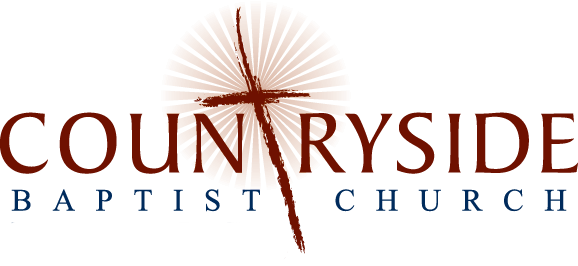What’s God Got To Do With It? | Genesis 16:1-6
What happens when we cease trusting God in the shadows of difficulty? When we cease trusting God we then start blaming God for the troubles and hardships we face. But wait – there’s more. When we cease trusting God in the shadows of difficulty, it’s only one step from blaming God to blaming others for the outcome. Is it possible that the problem with Sarai and Abram had nothing to do with their problems? If so, then just maybe our problem has nothing to do with our problems either. What is the solution when the problem is not the problem? Check it out. You’ll be glad you did










